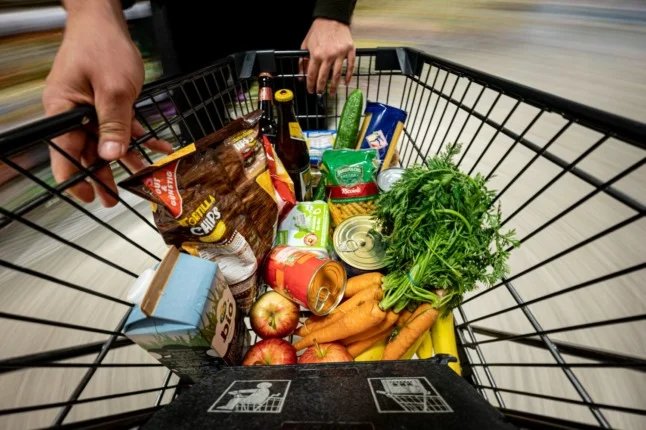
Whether at the supermarket browsing fruit and veg or at the petrol station – you’ve probably noticed that things look pricier. And you’re not imagining it – life is noticeably more expensive in Germany compared to a year ago.
The higher prices are due to a spike in inflation. According to preliminary data from the Federal Statistical Office, consumer prices rose by 4.1 per cent in September compared to the same month last year.
This was the first time in almost 28 years that inflation exceeded the four-percent mark in Germany. The last time the agency recorded these kinds of numbers was in December 1993, when inflation reached 4.3 per cent.
What does a higher inflation rate mean for me?
Higher inflation weakens the purchasing power of consumers because you can buy less for one euro than before. Rising inflation rates are also not good for savers who, for instance, park their money in low interest deposit accounts.
According to calculations by Commerzbank subsidiary Comdirect, saving accounts in Germany lost a total of around €47 billion in value in the first nine months because of low interest rates.
This happened before in the past in Germany during the Weimar republic and we all know how that turned out. The Germans ELECTED the Mustache Man… perhaps its time for another man with a mustache?
RELATED ARTICLES
- UN says 70% of Gaza's population faces Catastrophic Hunger
- EU to use Russian assets to buy arms for Ukraine
- Europe to Begin Food Crisis War Games
- German School Bans Children from Drinking Water Because its Offensive
- Turkish students film themselves beating and torturing 12-year-old German child











